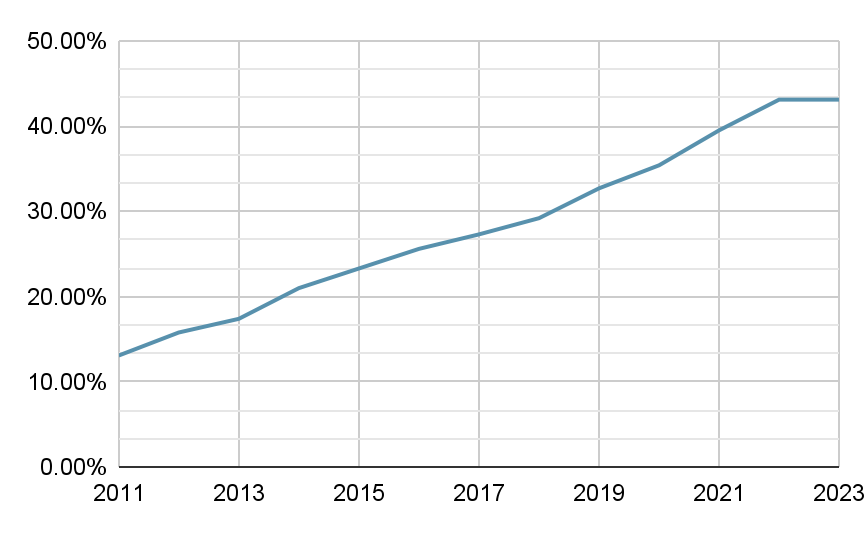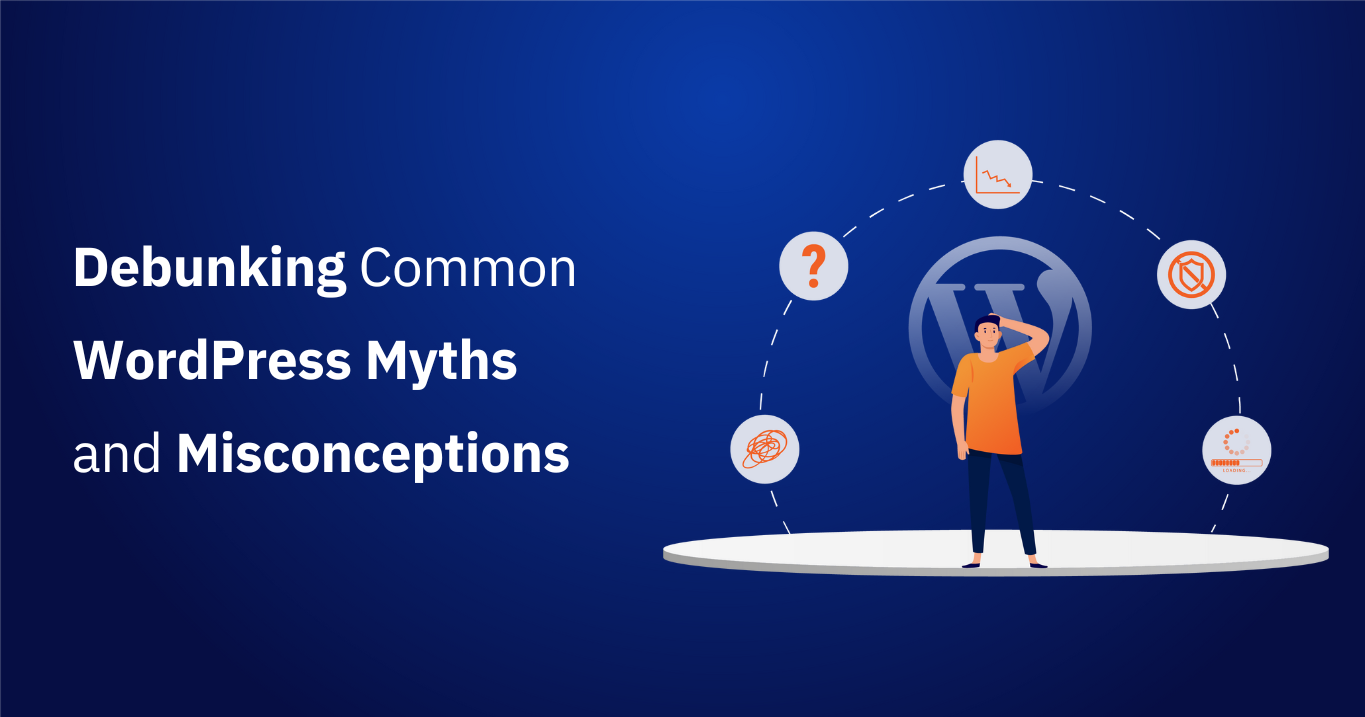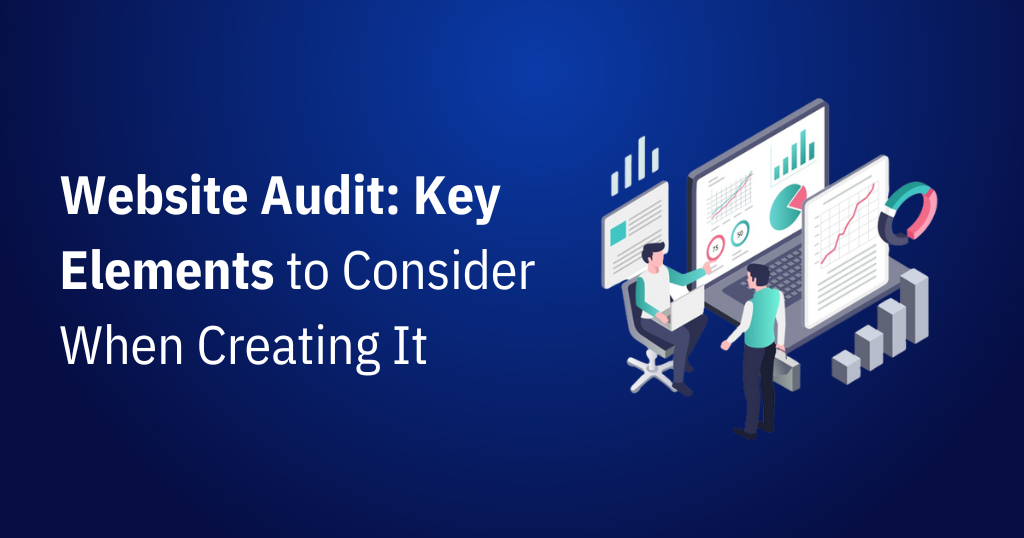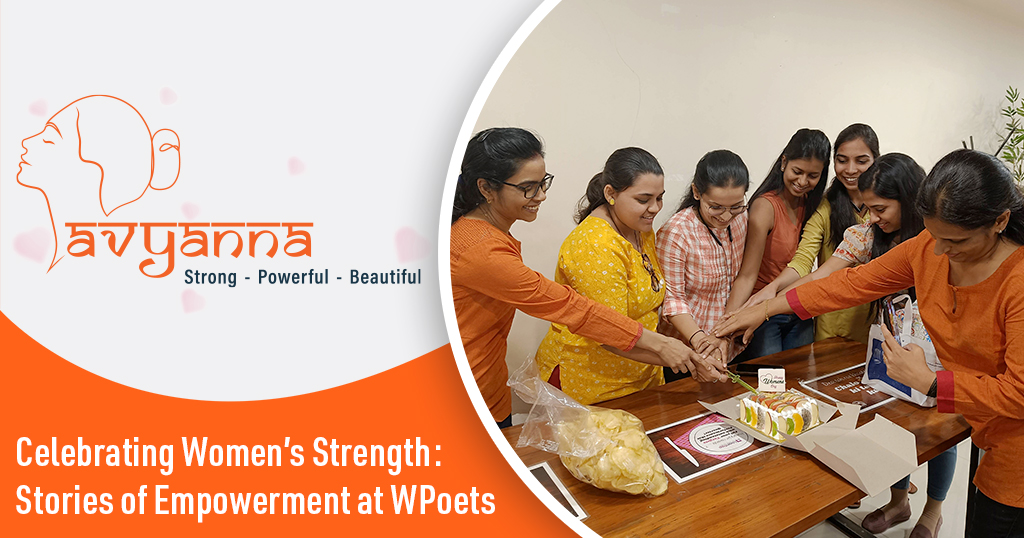Introduction
Every once in a while, we come across marketers and business owners who tend to believe WordPress myths.
They believe that it’s difficult to use, that only small-scale websites can be built using it, that it’s not secure, that it’s too expensive to maintain, or that sometimes they even have personal excuses about it.
Let’s talk about why these misunderstandings happen in the first place and how to get past them so that the readers can make an informed choice.
WordPress is not secure
This is one of the most common myths about WordPress and has been done to death. While no CMS is 100% secure, WordPress is actually quite secure when compared to others.
WordPress security revolves around three things. Let’s discuss this in more detail.
WordPress Core
The WordPress core software is one of the most critical targets for attacks. Hackers are always looking to exploit out-of-date versions of the WordPress core. They use loopholes to gain access to the website and perform unauthorized activities.
To protect that, the WordPress core software is regularly audited and updated by security experts and released to the public.
The WordPress Security Team is in charge of core security. It’s made up of lead developers, security researchers, and web security professionals.
Any security flaws that are detected, are reported to the security team. The team then works to confirm the vulnerability and figure out how severe it is.
If the vulnerability is confirmed, the security team makes plans for a patch to fix it. Depending on how serious the problem is, the patch can either be added to a future version of WordPress or put out right away as a security release.
In short, they are really working hard to keep the WordPress core secure.
Themes and plugins system
One reason why so many people use WordPress is because of its theme and plugin system. The WordPress theme directory has over 10,000 themes to choose from, and the plugin directory has over 60,000 plugins. These numbers come from official directories, but just think about how many themes and plugins are available on third-party sites and in private repositories.
Hackers take advantage of themes and plugins that are poorly coded because they are easy targets with many attack surfaces.
If you are really serious of your WordPress website security then you should follow certain best practices such as
- Installing themes and plugins from trusted sources
- Limit the use of plugins to a minimum
- Regularly updating themes and plugins
- Scanning themes and plugins from a security perspective
Managing the website
The security of WordPress also depends on how it’s managed.
We see that most website owners do not manage their websites because they lack knowledge, time, or budget, or are simply negligent. They don’t realize how important it is to keep their WordPress site secure until someone hacks it.
If you follow the best security practices, like using two-factor authentication, installing SSL certificates, keeping the versions of your WordPress core, theme, and plugins up to date, and using a secure hosting provider, among others, you can easily prevent security problems.
On top of that, it’s recommended to use a third-party security plugin or service to further strengthen your website’s security.
To know more about “dos and don’ts” in WordPress security, go through this article.
WordPress is not as trending as it was five years ago.
Another common myth about WordPress is that it’s not as trendy as it was a few years ago.
Here are the WordPress usage statistics. If we have a look at the growth of WordPress in the past five years, it is astounding.
 Historical yearly trends in the usage statistics of WordPress Source: https://w3techs.com
Historical yearly trends in the usage statistics of WordPress Source: https://w3techs.com
WordPress is still one of the most popular content management systems out there, and its popularity keeps going up.
WordPress is difficult to use
WordPress started primarily as a simple blogging tool, but over time it evolved so that a wide spectrum of web solutions could be built.
To achieve this flexibility, an architecture of themes and plugins was created. Concepts such as posts, pages, permalinks, blocks, widgets, etc. were used, Advanced concepts such as custom post types, and custom fields, among others, were introduced.
When you first start using WordPress, all of this technical jargon may seem overwhelming. But over a period of time, you will get used to it.
In fact, WordPress hits the sweet spot between being beginner-friendly and developer friendly.
For beginners, it provides a great way to build websites. Of course, there is a learning curve for it, and to help them, a lot of resources are available on the internet to get them started.
For developers, they can build everything from beautiful websites to complex web applications to high-traffic websites on top of WordPress.
WordPress is slow
It’s true that WordPress isn’t fast out of the box; it needs to be optimized continuously, which is where this WordPress myth comes from.
Here are a few possible reasons why WordPress may be slow.
Slow WordPress admin dashboard
This is one of the most common problems that stakeholders who manage the site complain about.
You know the scenario: You want to quickly publish a post, bulk upload images, add or reshuffle menus, or update content on pages, but WordPress admin takes forever to load.
This problem gets worse when you have a team of people, like a web manager, content producer, developer, webmaster, marketer, and others, working on the admin dashboard at the same time. We can all agree that a slow WordPress admin dashboard is a productivity killer.
But having said that, there are many ways the WordPress backend can be made faster. Here are a few
- Upgrade the hosting plan or change your hosting provider
- Update PHP version
- Increase WordPress memory limit
- Optimize WordPress database
Reduce the number of admin side plugins. Instead, custom code the admin side functionality.
Here is an excellent, in-depth article explaining how to speed up WordPress admin panel.
Slow Frontend
The front end of the website will receive almost all of your website traffic. If your front end of the website is slower, then, in the most simple terms, it’s hurting your business.
Here are a few reasons for the frontend website being slow
- Bulky themes or slow page builders
- Slow plugins ( that add too much CSS/JS )
- Not using caching, image compressions, and other speed improvement techniques
- Not using CDN
- Relying on cheap or shared web hosting
But having said that, there are many ways the WordPress frontend can be made faster. Here are a few ways
- Get Good WordPress Hosting
- Use Optimized themes and plugins
- Use a Content Delivery Network(CDN)
- Use a Caching Plugin
- Reduce the number of HTTP requests
- Always optimize images
Here is a blog post that we wrote about how to improve the speed of your WordPress website.
The future of WordPress is Uncertain
In recent times, this new misconception has popped up. We see that many marketers are talking about this as they are worried about the future of WordPress.
Here is the reason why this misconception arises in the first place.
Nowadays, a lot of popular JS frameworks are on the rise. You might be aware of or have heard of frameworks like ReactJS, Next.js, and Gatsby, among others.
These are Javascript frontend frameworks, which are used for building websites and complex business applications. They use an architectural approach called Jamstack, which has recently become popular.
Since these new frameworks are on the rise (along with the Jamstack approach), stakeholders are uncertain about the future of WordPress. They believe that WordPress will be obsolete in a few years and that they will need to switch to these frameworks to build their next website (which is a form of FOMO).
Also, there is a lot of debate going on between WordPress and Jamstack about which one is better. You can read more about it here.
There are many differences between Jamstack and WordPress. These tools use a different approach and architecture to build web solutions. Here are a few differences.
| WordPress | Jamstack |
|---|---|
| All-in-one platform to build websites and applications | A collection of tools to create websites and applications |
| Monolithic architecture | Modular architecture |
| Dynamically generated web pages | Statically generated web pages |
| Everything, including databases, web servers, and business logic, is self-contained. |
Custom logic and third-party services are consumed through APIs. |
| User-friendly (even nontechnical users can manage the website) | Developer-friendly (hence dependency on technical expertise to manage the website) |
| Performance optimization has to be continuously improved. | Static websites hence performance is out of the box |
| WordPress is good for building highly dynamic sites. This includes news sites, forums, and other sites with a lot of user interaction or sites that are updated often. | Jamstack is good for building static websites where there are few user interactions. |
| Extensive themes and plugin library | A relatively new ecosystem; hence, themes and plugins are limited. |
| Marketer-friendly | Non-Marketer-friendly (as of now) |
| Development costs are cheaper initially | Development costs are higher initially |
As we can see, there are many differences, along with pros and cons, between Jamstack and WordPress.
The best way to choose between both tools when building websites is to evaluate the project requirements and then decide which one is suitable since every project is unique.
And regarding the misconception that WordPress will be obsolete, here’s our take.
Building websites using the Jamstack architecture is growing, but disrupting the WordPress CMS market share is not easy. Developers are loving Jamstack, hence, they are quickly adopting and promoting it, but businesses aren’t as quick to ditch WordPress and adopt new frameworks.
In short, WordPress is not going away soon.
Conclusion
We discussed the top myths and misconceptions revolving around WordPress and tried to overcome them.
It will help marketers and decision-makers make an informed decision about whether to use WordPress in their next project.
If you have any further questions or would like to learn more about WordPress, please contact our web experts.


